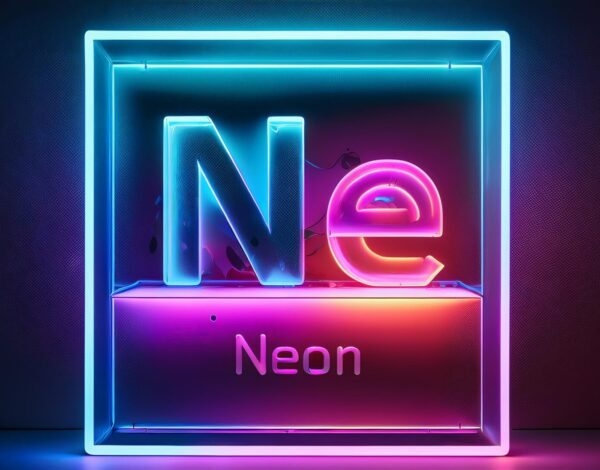

Are There Any Health Benefits From Carbonated Water?
Well, yes and no. There isn’t actually any documented evidence that drinking carbonated water is bad for you. Any negative relation to carbonation is strictly associated with sugary sodas, which are linked to poor bone mineral density, weight gain, enamel erosion, and high cholesterol and blood sugar.
Carbonated water may actually have legitimate health benefits – in theory. Despite its slight acidity, it does not contribute to tooth enamel erosion any more than drinking still water, nor does it interfere with bone health. If anything, it benefits the entire digestion process. Carbonated water may improve swallowing by activating the nerves in the throat – particularly when its temperature is extremely cold. For those who have caught the common cold or have mucus stuck in their throats, ice-cold sparkling water may be a helpful solution to counteracting that stubborn need to constantly clear one’s throat.
Some may find carbonation to have a bloating effect, but this may also be viewed as a positive. Unlike still water, the bubbles stimulate fullness, which ultimately leads to eating less as food stays in the first part of the stomach for longer than usual.
Carbonated water has also been known to help aid those who experience constipation by triggering bowel movements more effectively than drinking still water. This also supports the fact that many people enjoy drinking carbonated beverages when they have an upset stomach. Although, one downside is that people who drink carbonated water over still water may be less hydrated, as they will have to consume more of it to make up for the additional air intake.
Of course, still mineral water has no true health comparison. But for those who enjoy the sensational fizziness of sparkling water, it is a preferable replacement to syrup and sugar-loaded soft drinks, and even other alternatives like Gatorade. Best of all, it’s calorie free and stimulating to drink – so continue buying those fancy green bottles of Perrier and San Pellegrino to satisfy your taste buds.



